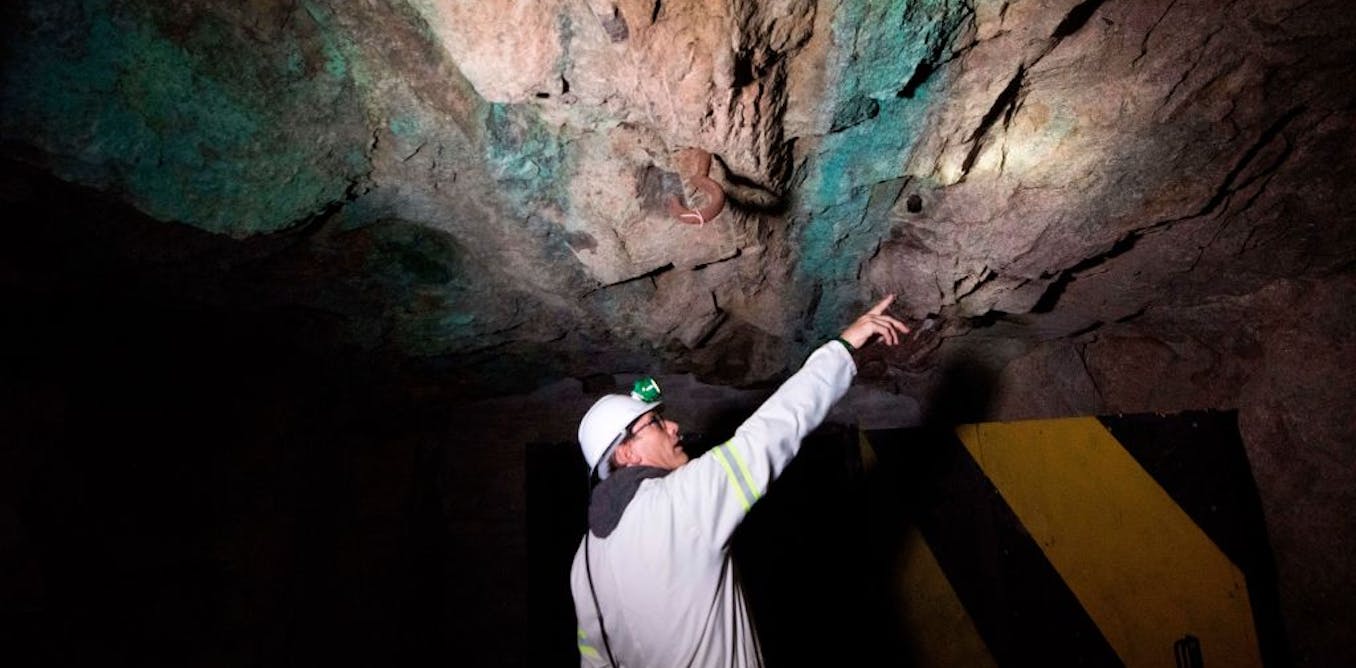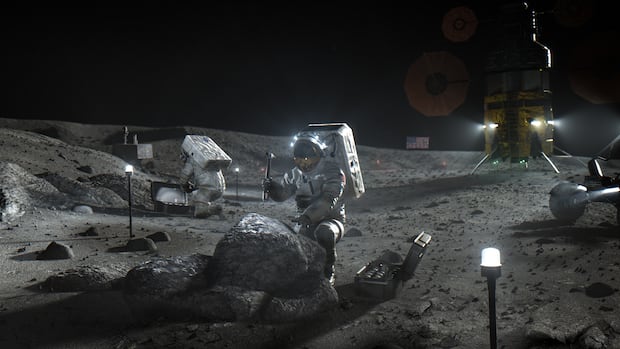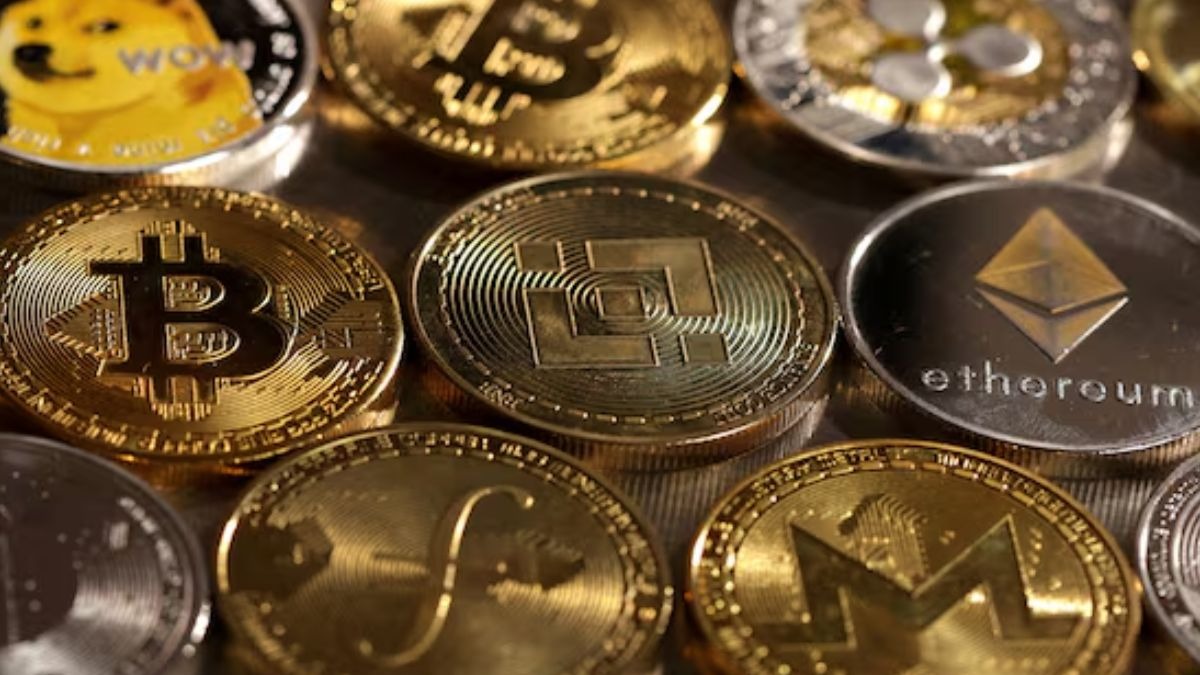Africa's Hidden Treasure: The Race for Critical Minerals is Heating Up!

Did you know that Africa holds the key to a new world order with its vast deposits of critical minerals? These aren’t just any minerals—they are the lifeblood of modern technology, fueling everything from smartphones to electric vehicles and renewable energy solutions.
With the global demand for lithium, cobalt, nickel, copper, and rare earth elements skyrocketing, a fierce competition has emerged among nations eager to secure access to these invaluable resources. Right now, the Democratic Republic of Congo (DRC) stands tall, producing nearly three-quarters of the world's cobalt. Meanwhile, Australia and Chile dominate lithium production, with China not far behind, accounting for roughly 18% of global lithium output.
But what’s even more intriguing? China has its hands deep in this game, controlling about 90% of the global refining of rare earth elements and a hefty portion of cobalt and lithium markets. Through significant investments across Africa, especially in mining operations, China is not just a player; it’s the referee in a match where the stakes keep getting higher.
The real question is: how are African nations leveraging this intense competition to foster their own growth and development? A recent publication from the Indian Council of World Affairs explores this very issue, focusing on the rising importance of these critical minerals in Africa. Experts suggest that it’s high time African countries crafted their own strategies to not only meet global demand but also harness local value from their resources.
Moreover, there’s a pressing need for governance reforms and enhanced regional cooperation to transform mineral wealth into sustainable prosperity, steering clear of the so-called “resource curse.” This isn’t just about minerals; it’s about shaping the continent's future.
As we watch the dynamics of power shift, a new geopolitical landscape is forming. Groupings like BRICS and initiatives like China’s Belt and Road Initiative are redefining relationships, with China investing billions into mining and infrastructure projects across resource-rich African nations like Zimbabwe, Mali, and Namibia. China’s military parade commemorating the end of World War II serves as a reminder of its growing strength, backed by control over critical mineral resources.
But it’s not only China in the race; the U.S. and the European Union are scrambling for agreements with African nations, hoping to secure their supply chains. Tensions are brewing as both the U.S. and China aim for dominance over these critical resources, which are essential for emerging technologies.
In this high-stakes landscape, African countries must tread cautiously, ensuring they engage in partnerships that truly benefit their economies rather than falling prey to dependency. The future of Africa's resource wealth hangs in the balance. It’s time to take the reins and define a path that leads to genuine prosperity and independence.
In summary, the competition for Africa's critical minerals is much more than a race for resources; it’s a pivotal moment that could determine the continent's future in the global arena.




























